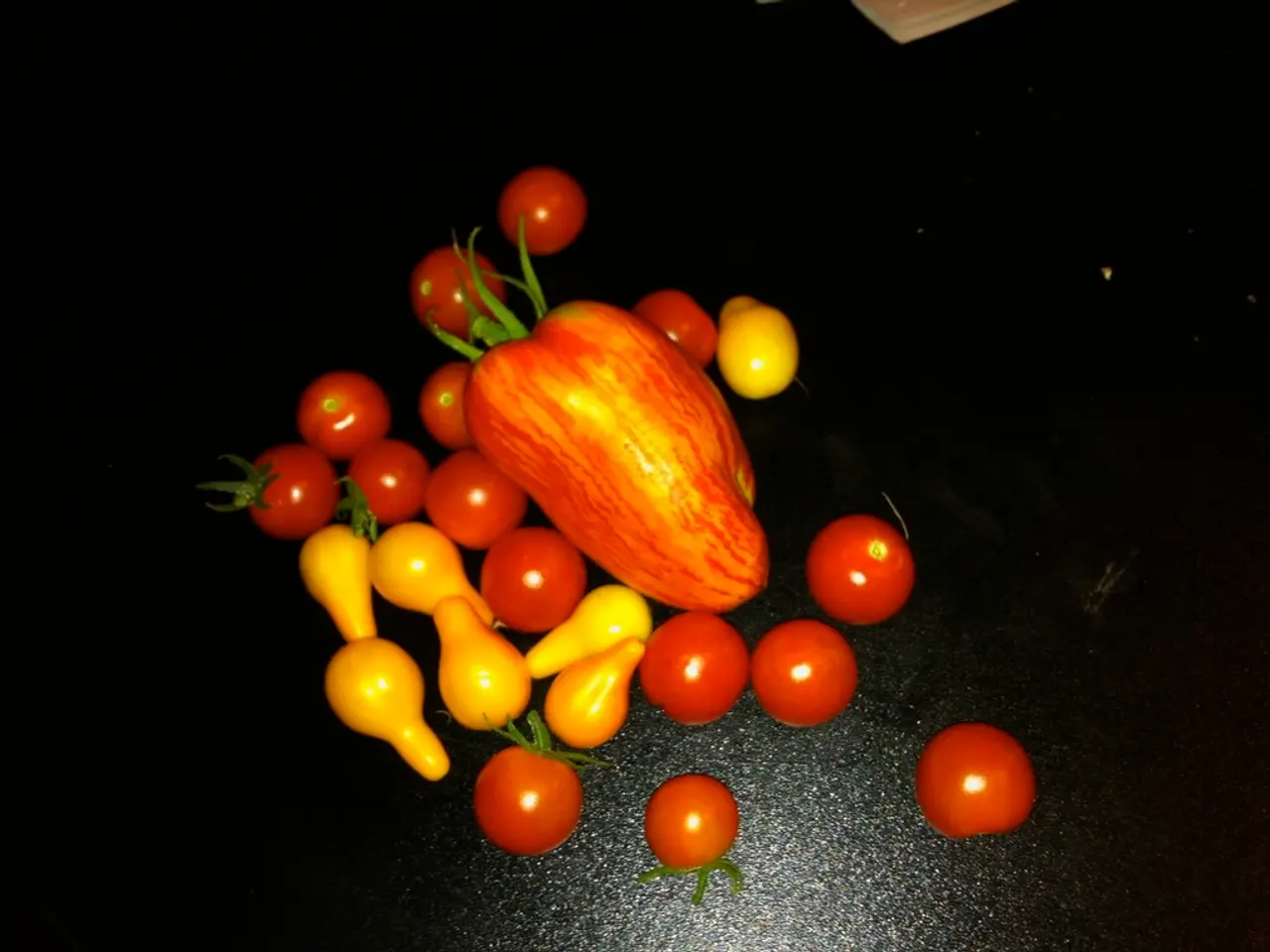German Fruit Juice Industry Faces Consumption Drop, Calls for Tariff Abolition
The German fruit juice industry is facing challenges, with per capita consumption of juices and nectars dropping from 26 to 24 liters. Despite this, consumption of certain types like nectars and citrus juices increased. The industry association, VdF, calls for tariff abolition to ease consumer prices.
The decline in overall consumption was less than anticipated in 2024. However, specific categories saw growth: nectars increased by 0.5 liters per capita, while citrus nectars, grapefruit juice, and vegetable juices also rose. Conversely, 100% fruit juices decreased by 2.5 liters per capita, and orange juice consumption fell by 2.6 liters.
The industry's struggles can be attributed to various factors. Late frosts damaged apple and rhubarb crops, leading to shortages. Additionally, 'Greening' disease has devastated citrus plantations, doubling the price of orange juice concentrate in just two years, from $2,000 to $7,000. Supply issues also plague pineapple imports, with key suppliers like Costa Rica, the Philippines, and Ghana facing weather and logistical challenges.
The German fruit juice industry is adapting to changing consumer habits and supply disruptions. While overall consumption decreased, certain segments remain robust. To ease the burden on consumers, the VdF advocates for the abolition of tariffs on pineapple and orange juice.
Read also:
- U.S. CBP's Operation Plaza Spike Boosts Fentanyl Seizures Along Arizona-Mexico Border
- Tesla's EV Market Share Plummets in Europe, US Competition Intensifies
- Catastrophe at a U.S. Steel facility in Pennsylvania results in the loss of two lives. crucial details unveiled
- Two 'Last Generation' Activists Sentenced for Cologne/Bonn Airport Runway Blockade




